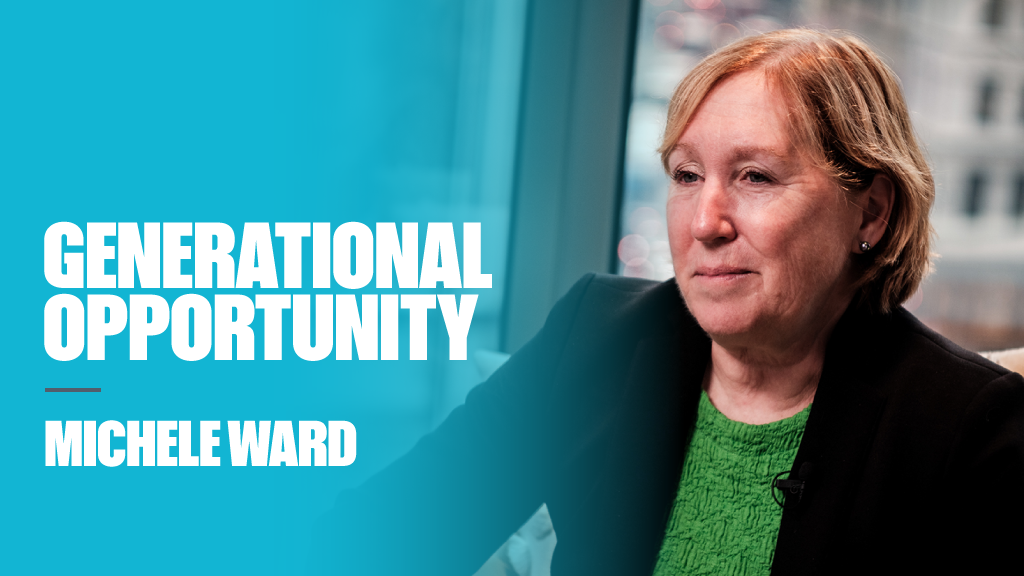Three quarters of advisers value investment performance over price when it comes to selecting investment firms to run their clients’ money, research has found, but one adviser says the two are not mutually exclusive.
According to a survey of more than 200 advisers of different sizes and with varying assets under management seen by Portfolio Adviser, 74% view investment performance as the most important factor, outranking price at 55%.
The research, conducted by 2112 Communications and market researcher Opinium, asked advisers about the type of communications they prefer to receive and the importance of brand recognition.
‘Ronseal of investment worlds’
But Concept Financial Planning managing director Paul Richardson said judging a fund manager by strong investment performance is too simplistic because performance varies hugely depending on how it is judged.
He said: “What’s strong investment performance? Woodford had strong investment performance. If I’m looking at a bond fund against a small cap equities fund over the past six months, that small equities fund has outperformed the bond fund. Is it strong performance to the benchmark? Is it strong performance to the sector?”
Richardson said he looks for the “Ronseal of investment worlds” where a manager says he will deliver a certain return and he goes and does it. “That, to me, is strong investment performance.”
He said price is important, however, noting that following a review his firm has managed to reduce portfolio costs to less than 0.5%. “Price has to be on the radar, because it’s a drag if you’ve got high prices,” he added.
Keep it short
The research found 60% of advisers want fund groups to produce shorter, more relevant content and just 6% want lengthy papers. Fifty-six per cent said they want communication they can use directly with their clients rather than material they must repurpose.
Gibbs Denley Investment Management investment manager Tom Sparke said it can be useful to get an in-depth understanding of a subject from a comprehensive white paper, but on a day-to-day basis it is not always practical to read through long reports on a single fund.
He added: “I appreciate short and concise market or fund updates as we can get an instant idea of the manager’s vision without spending hours in the details.”
Events prove popular
Elsewhere, 70% said events and conferences are their preferred method to access information from investment firms. Fewer than half (47%) said they use newsletters, just 12% use podcasts and 10% use blogs.
But Richardson said he prefers one-on-one meetings with managers to conferences because fund groups can use open events to push their own agenda and present what they want people to hear.
He said: “A fund manager normally goes on the road when they’re looking for cash and they’ll have a good presentation and they will give you the view of what they think.”
When meeting face to face, on the other hand, Richardson said it is the adviser who sets the agenda.
“Obviously, they’re going to come in and they can always put their fund in a good light, but you also know they will say, ‘This is why we’ve had that performance, or this is a decision that we’ve made that that was really good’. I think that is far more important than the fund manager saying, ‘I’ve got this presentation, I’m going to go through it with you’.”
The importance of brand
The survey also found more than half (53%) of advisers said it is important for their clients to recognise the provider of the investment products recommended to them.
2112 Communications chief executive Phil Hawkins (pictured) said: “We believe there is a need for better communications throughout the industry and it is really interesting to get the views and insights of those at the frontline of the investment process, the financial advisers themselves.”
Ian Pascal, owner of marketing and communications consultancy HiPath, which advised on the research, said: “Product providers should re-think their communications strategies and give front line advisers what they say they want: short, informative, content that they can use directly with their clients. It’s a challenge because of compliance barriers and the tendency to use jargon, but one that marketers need to overcome.”
The findings are from the first piece of research which will be conducted every six months to track the changing opinions and behaviour of advisers.









